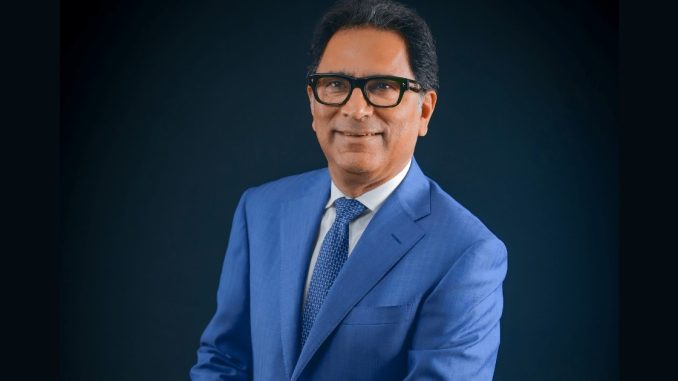
By Mr. Hemant Sapra, President, Global Sales & Marketing, KARAM Safety
In today’s global economy, customer engagement rules are rapidly evolving, particularly in specialized sectors such as safety wear manufacturing. As economic cycles grow increasingly volatile and markets more demanding, manufacturers face a critical challenge: how to consistently meet, and even exceed, customer expectations in an environment where predictability is no longer guaranteed.
A decade ago, delivering a certified product on time was often sufficient. Today, however, customers expect far more—transparency, sustainability, responsiveness, innovation, and a deep understanding of their needs. In effect, they no longer see suppliers as vendors but as strategic partners.
Redefining Value in Safety Wear
Traditionally, value in personal protective equipment (PPE) was defined by durability and regulatory compliance. Today, value has broadened to include comfort, sustainability, ergonomic design, and innovation. Buyers expect solutions that align with their ESG commitments, workforce well-being, and even brand identity.
In addition, clients increasingly request customization—from ergonomically designed gear to smart wearables that monitor fatigue and exposure to hazardous substances. Yet these demands come amid tighter budgets, with buyers expecting manufacturers to absorb supply chain disruptions while maintaining price stability. This paradox now defines the competitive landscape.
Managing Expectations Amid Uncertainty
Perhaps the most profound shift is psychological: customers are not only purchasing products but also reassurance. They expect timely delivery despite raw material shortages, product reliability under unpredictable field conditions, authentic sustainability practices, and responsive after-sales support.
Meeting these expectations requires more than operational efficiency. It demands a deeply embedded customer-centric culture, agile quality systems, and supply chain partners aligned with the same standards of excellence.
Technology: An Enabler, Not a Substitute
Automation, AI, and data-driven manufacturing are valuable tools for scaling operations. However, in a safety-critical industry, the human factor remains irreplaceable. Trust continues to be built on empathy, integrity, and relationships.
Technology should augment service delivery, not replace it. For instance, no chatbot can replicate a critical client discussion during a last-mile delivery challenge, nor can an online portal substitute for a practical walkthrough of design improvements.
The Way Forward
Consistency remains an underrated yet powerful differentiator. The ability to deliver on promises—batch after batch—builds enduring credibility. At the same time, innovation must be pursued responsibly: recycled fabrics, IoT-enabled monitoring systems, and modular PPE designs tailored to diverse environments represent meaningful, customer-centric progress.
In a shifting economy, manufacturers who listen attentively, adapt swiftly, and deliver reliably will not only endure but lead. In the safety wear industry, leadership is measured not solely by market share, but by the number of lives safeguarded each day.
(The the article is authored byBy Mr. Hemant Sapra, President, Global Sales & Marketing, KARAM Safety. Views are his personal.)
Last Updated on: Wednesday, November 5, 2025 12:09 pm by Ankur Srivastava | Published by: BUSINESS SAGA TEAM on Wednesday, November 5, 2025 11:44 am | News Categories: Expert Opinions
Leave a Reply